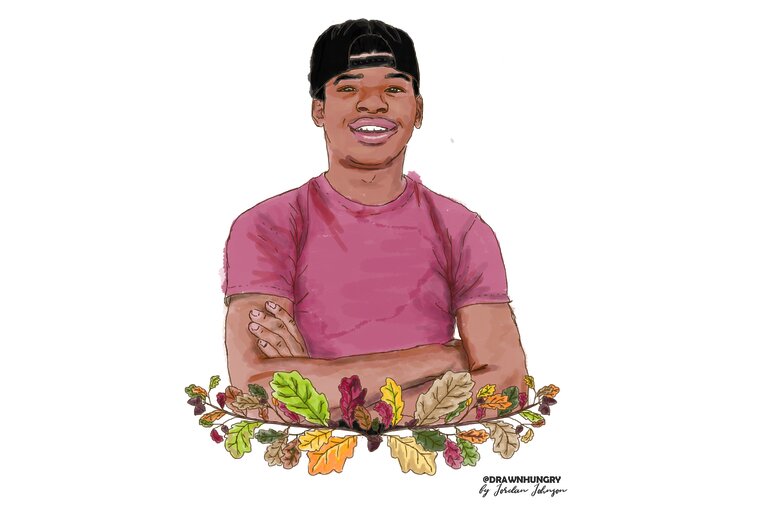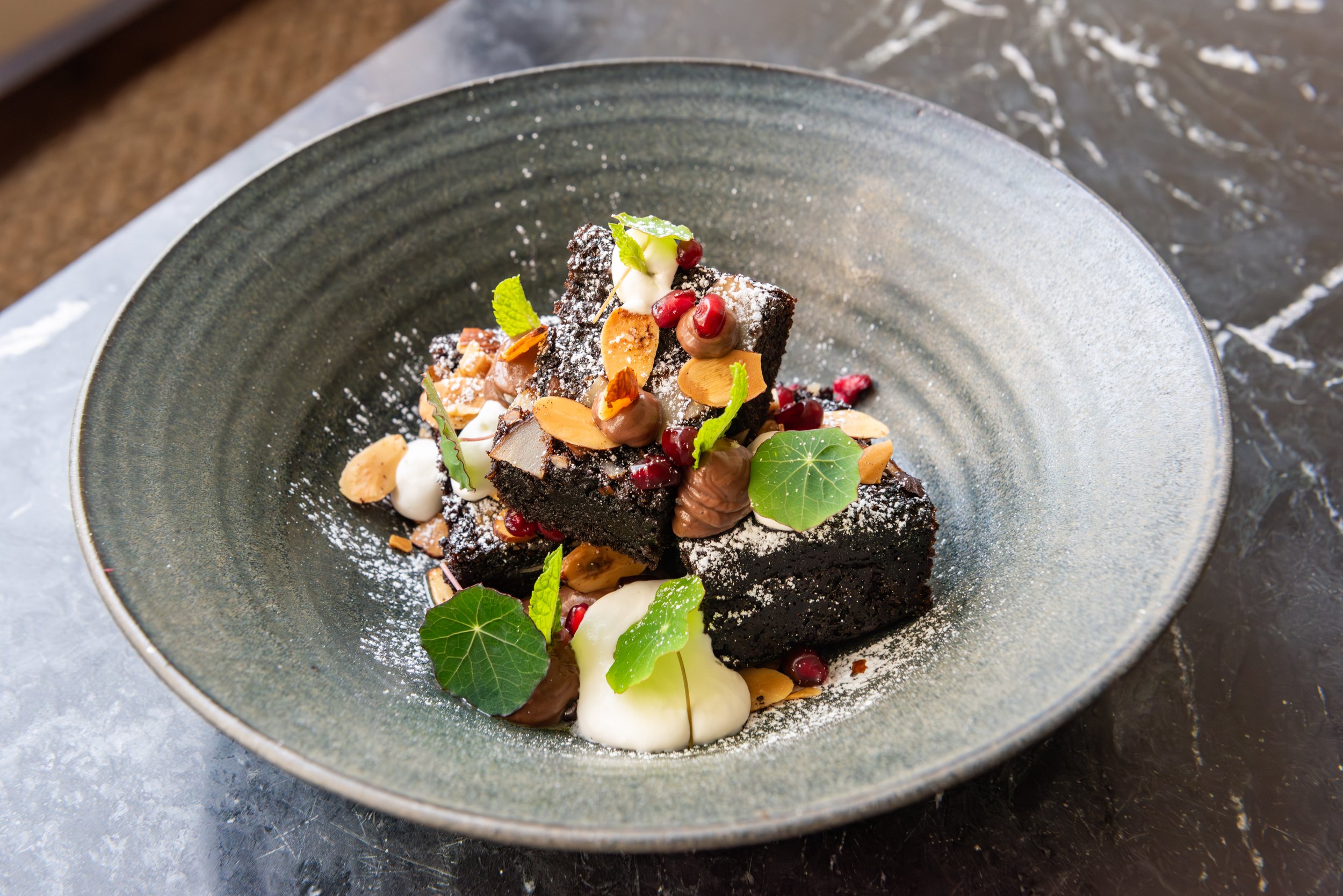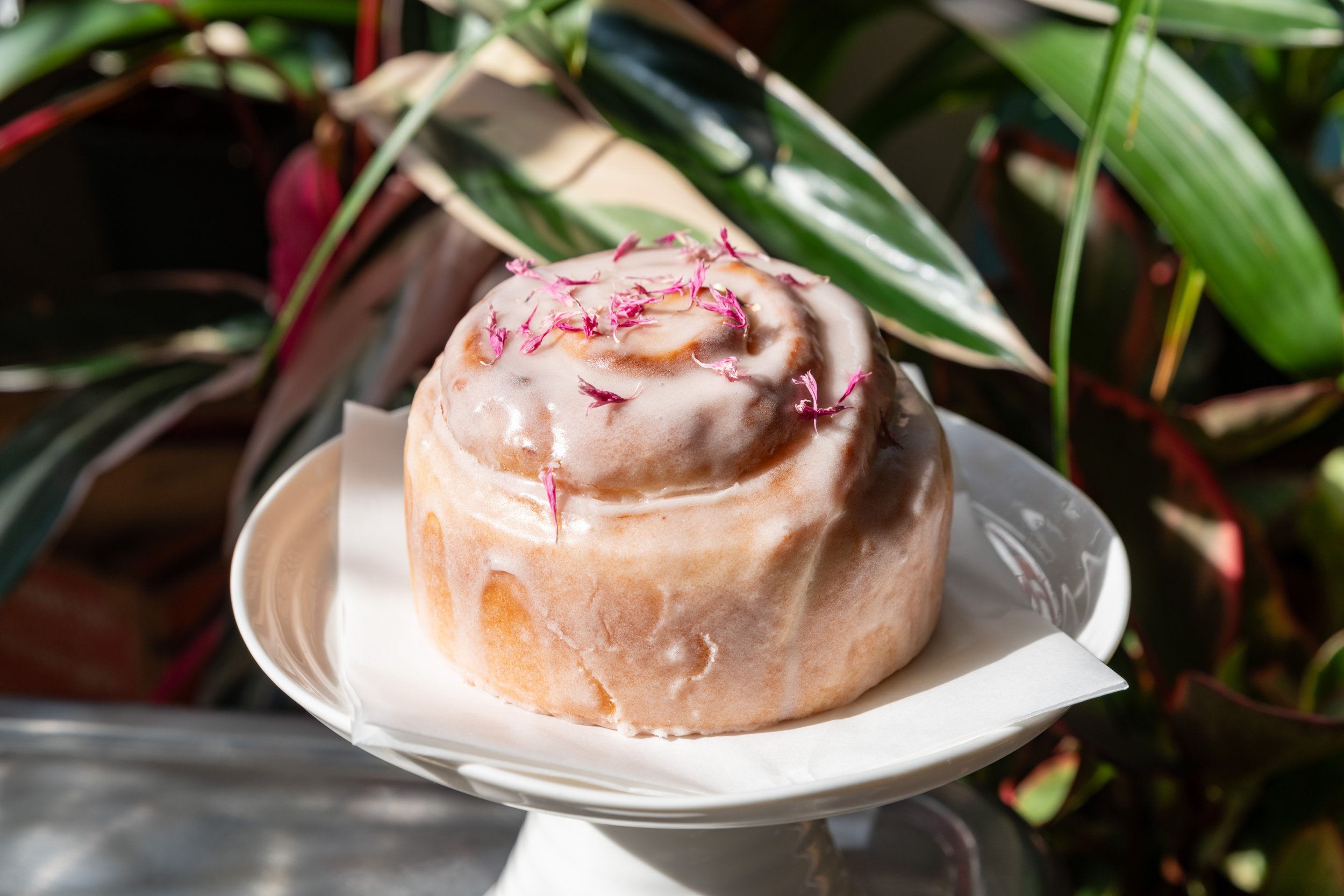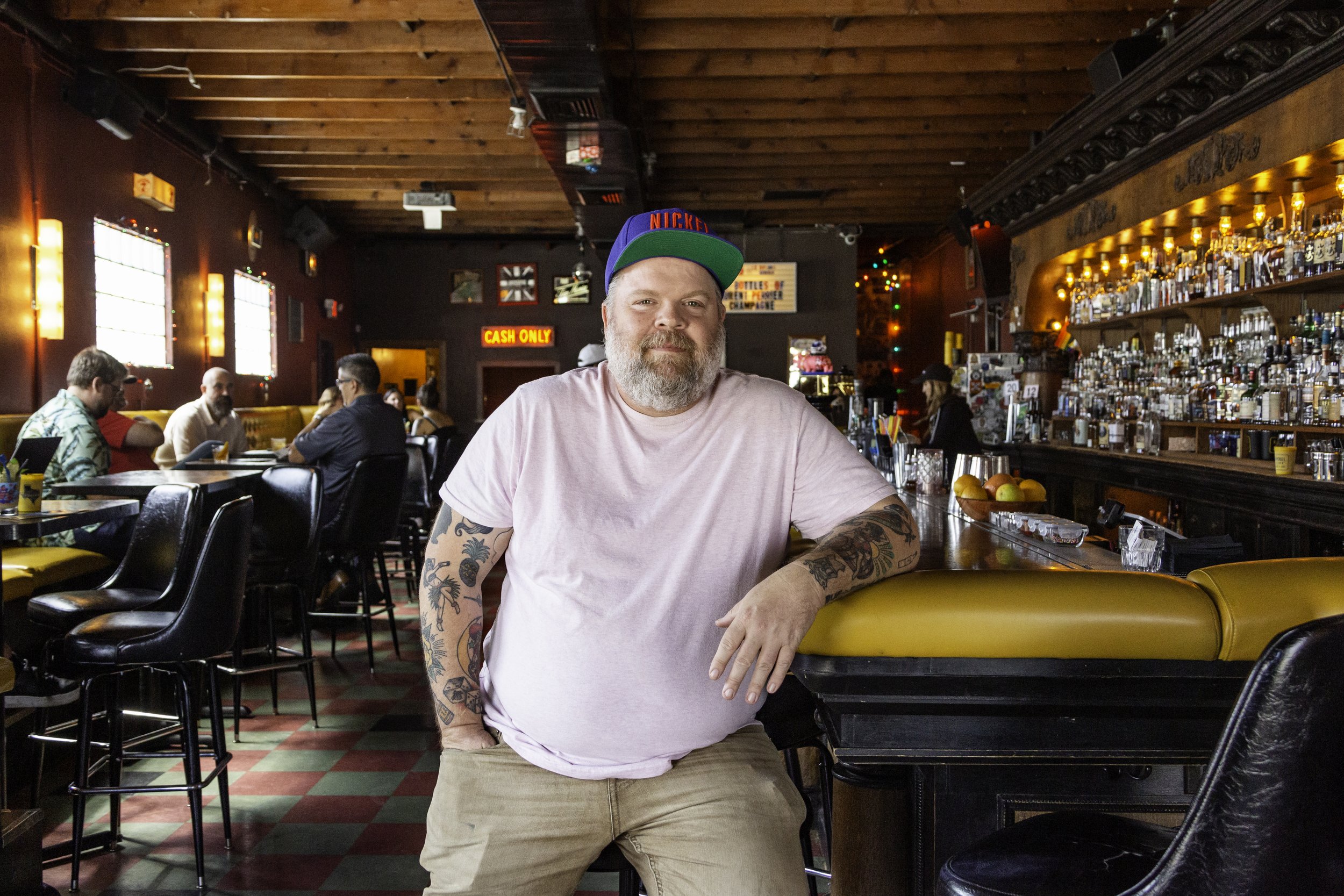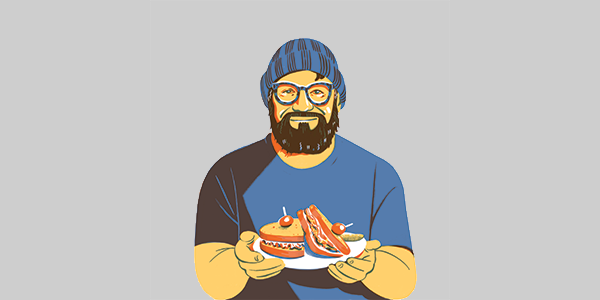Can’t Stop. Won’t Stop.
Despite the odds, Isaac Jolley is making a career in cooking happen.
Isaac Jolley is just a semester away from graduating from Forest Park High School in Baltimore. He works two restaurant jobs—one with Rising Star Chef Steve Chu at fast-casual Ekiben and a second at the exclusive Maryland Club, where a stiff white toque is required. He’s saving for a car and wants to apply to business programs so he’ll know how to run a profitable restaurant someday. “Life isn’t all about fun and games,” he says.
Right now, he lives in McCulloh Homes, which fans of “The Wire” would recognize as the Pit, a hub for the city’s drug deals. Jolley, like 37 percent of his young Baltimore peers, knows someone who has died from Baltimore’s endemic violence. For Jolley, it was his brother, Ananias, who was stabbed in a classroom at Renaissance High School. Ananias’ death rocked the Jolley family, but he found direction and comfort in cooking, first in his immediate community and then in restaurants.
How did you get your first restaurant job?
Through my mentor, Monique Dove. Ms. Monique and I would go around to different neighborhoods and serve a nice hot breakfast with pancakes, bacon, and eggs. We had to get up around 4am. We did that for three months, handing out breakfast and sometimes dinner and lunch. After a month of work, she took me to meet Steve [at Ekiben]. I interned with him for a month and a half and then got a job. Ever since then, we’ve been rockin’.
Steve said he put you through the wringer, but now you’re outperforming most of the team. What clicked?
I work well under pressure. I did almost every position at Ekiben, except for cashier. The first thing I started doing for real were dishes. They killed me. Sometimes I came into work, and there were so many dishes stacked up, and I did them all myself. You gotta be fast. If I can wash dishes quickly, I can do everything else quickly. I love the adrenaline—that fast pace gets me going. There’s no stopping me after that. I get in my groove, and oh my gosh.
What kitchen task do you enjoy the most?
I love to cook, but I really love to clean. I love washing dishes—it’s the funniest thing. When we’re about to close, and we have a lot of dishes and my station is broken down, I just go back and help with dishes.
If you weren’t working in restaurants, what would you be doing?
I have no clue. I ask myself the same thing all the time. I used to go outside all the time, [hanging out] and doing nothing. Working takes up a lot of my time, and I feel different, too. I go to school and then work some days. In the summertime, I might work doubles. People who don’t see me as often ask, “Where you at?” I always want to have fun—but life isn’t all about fun and games.
What changed for you?
When did you decide to go out and get a job? My brother passed away, and it was really hard. It was quiet in our house, and my mother started struggling. It was hard seeing her like that. I thought, “I have to go and get a job for her, my brother, and myself.” Everything in that situation got me thinking about the value of life. I need to get up and do something.
How has your work at Ekiben helped you come into your own?
It’s a family space. I feel really comfortable and greet everybody with a bunch of positivity, and they show it right back. I used to be real [reserved] when I met them. And even though it’s a bunch of grown people, they get me. They’ve helped me open up, and I grew as a person. I think differently now—about my future a lot, me being successful, my family being successful and safe. I try not to think about the bad things.
Why do you think you’ve excelled in the kitchen?
When I started at Ekiben, I was 16 going on 17. A lot of black men are stereotyped, and at Ekiben, they wanted to see what I was about—did I have it in me. I’m a real hard worker. I do 100 percent every time I go in. I’m all over the place, helping with all types of stuff. I wasn’t going to mess it up or let it pass by. It was a once-in-a-lifetime opportunity. It was hard. They used to push me. But they taught me so much, I can’t leave. I will always be in contact with them.
What are your dreams?
I want to do a lot and give back a lot. I want to be a chef with multiple restaurants, a hotel, and corner stores that sell things that benefit the neighborhood. I want to be successful. I want to make sure my kids are straight. When I’m 40 to 45, I want to be able to retire and always have money coming in.
What advice would you give to a peer who feels stuck?
Work hard. Don’t give up. Believe in yourself. Be open to learning. Don’t ever say you know everything. Every time I go to Ekiben I learn.
What would you tell a restaurant owner about hiring teens like you?
Give that person a chance. Be open. Work to understand that person, instead of just working with them. Treat them how you want them to treat you—with kindness and respect. Be a boss and a friend, well, more of a boss. That’s what Steve has done for me.

